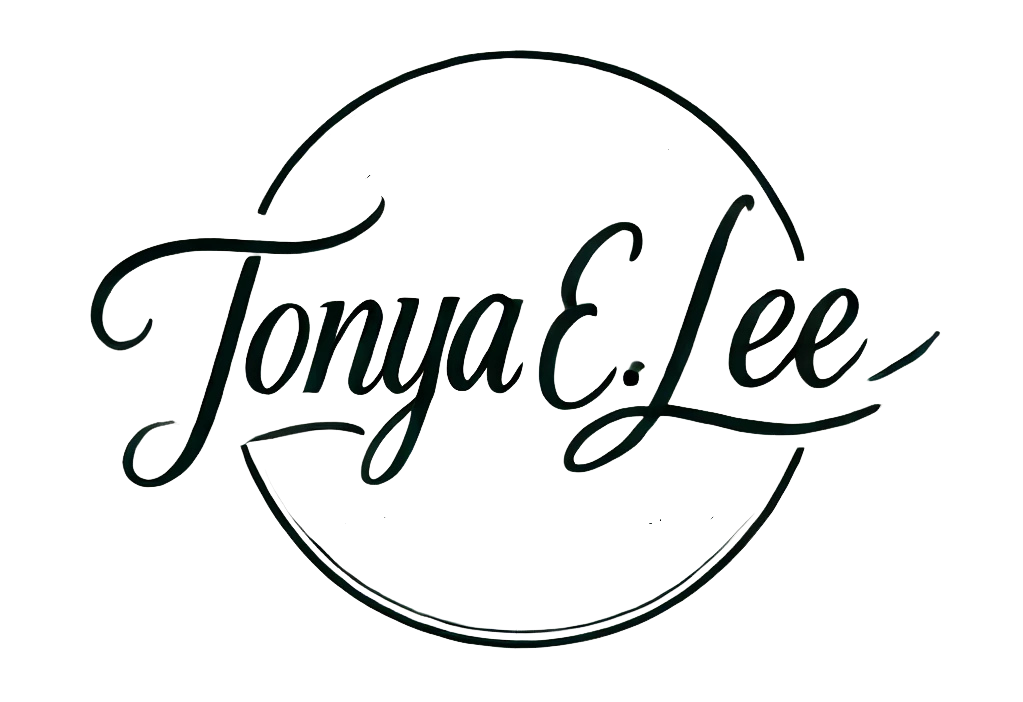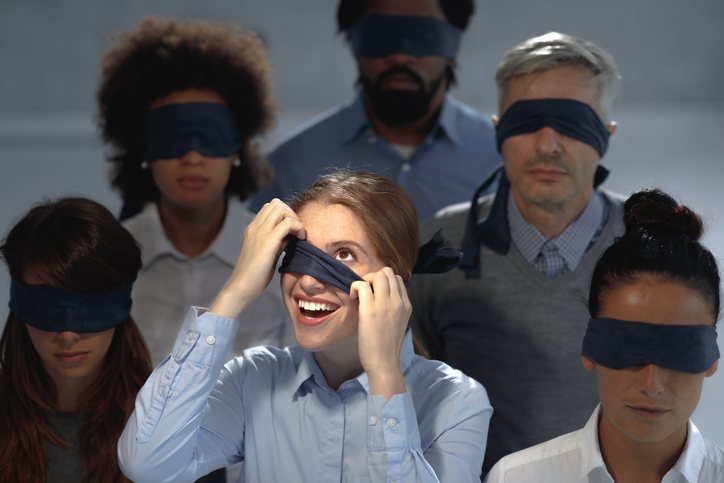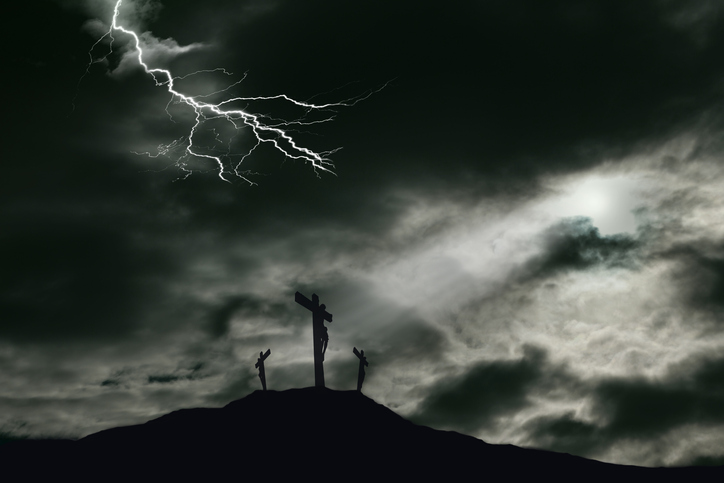If I Don’t Look, It’s Not There: How Willful Blindness is Keeping You Stuck
You know that weird noise your car has been making for the last three weeks? The one you turn up the radio to drown out because if you don’t hear it, it’s not real? Future-you is going to have to deal with that—and probably at the worst possible time. The one you turn up the radio to drown out because if you don’t hear it, it’s not real? Back in the day, I had a car for four years without realizing that you had to actually change the oil in it (true story to the core). Let’s just say that you can’t easily kill a Volvo—even when you try really hard. That’s willful blindness, my friend. And if we’re honest, we’ve all done it—not just with our cars, but with our bank accounts, our relationships, our health, and let’s be real—our faith. I mean, Volvos are tough, but turns out, even they still need a little TLC—or at least an occasional oil change.
Ignoring reality doesn’t make it go away. It just means future-you will have to deal with it when it’s 10 times worse and far more expensive. (Ask anyone who’s avoided the dentist for five years and is now learning what a root canal feels like.)
So, let’s talk about willful blindness—the lies we tell ourselves to stay comfortable and why pretending not to see the problem is actually the thing keeping you stuck.
What is Willful Blindness?
Psychologist Margaret Heffernan, in her book Willful Blindness: Why We Ignore the Obvious at Our Peril, describes this as when we choose to ignore something we could know, should know, but would rather not deal with. It’s like when John Cena does his signature “You can’t see me” move—except instead of being a gimmick, it’s you pretending your student loans disappeared, your fridge isn’t growing new life forms, and that awkward email from your boss was just a bad dream. And it’s everywhere.
- The relationship that’s been falling apart for months, but “if we don’t talk about it, maybe it’ll fix itself.”
- The credit card balance that’s climbing, but “if I don’t check my statements, I can pretend it’s not that bad.”
- The sneaking feeling that your spiritual life is running on fumes, but “I’ll deal with that when life slows down.”
We do this because facing the truth is uncomfortable. But here’s the problem: avoiding reality doesn’t change reality. It just makes sure that when you do have to deal with it, it’s a full-blown crisis instead of a manageable situation.
How It’s Keeping You Stuck
The problem with pretending not to see is that it robs you of the ability to actually move forward. You can’t fix a problem you refuse to acknowledge. You can’t grow in faith if you’re not willing to examine your doubts. You can’t get better at managing your money if you won’t look at your spending habits.
It’s like trying to walk forward while keeping your eyes closed. Sure, you might take a few steps, but at some point, you’re going to smack into something hard. And probably painful. And then you’ll just have to make that dentist appointment anyway—probably at the worst possible time, like right before a vacation or on the same day your car finally breaks down from that weird noise you’ve been ignoring.
Jesus wasn’t about that life. He was constantly calling people to see—to acknowledge truth, even when it was difficult. He said, “You will know the truth, and the truth will set you free” (John 8:32, NIV).
But you can’t be set free by a truth you refuse to see.
How to Open Your Eyes and Actually Deal With Stuff
1. Admit You’re Doing It
Step one: acknowledge your blind spots. Everyone has them. You’re not failing at life because you’ve ignored some things—but you will keep struggling if you don’t own up to it. Ask yourself: What am I avoiding right now because dealing with it feels uncomfortable? Be honest.
2. Rip Off the Band-Aid
I know. Facing reality is the emotional equivalent of jumping into a cold pool. But putting it off just makes it worse.
- Open the bank statement.
- Have the hard conversation.
- Acknowledge the habits that are hurting you.
- Actually read that email from your Professor (seriously, I know you saw it) or HR.
3. Ask for Help
God didn’t design us to handle life alone. If you’ve been avoiding something big, don’t try to tackle it solo. Find a trusted friend, mentor, or counselor to help you process it. Proverbs 11:14 (NIV) reminds us, “For lack of guidance a nation falls, but victory is won through many advisers.” Translation? You need people who will tell you the truth and help you deal with it.
4. Remind Yourself of the Alternative
Sure, facing hard truths is uncomfortable. But you know what’s worse? Living in denial while problems pile up. Imagine where this road leads if you keep ignoring it.
- If you never deal with your finances, where will you be in five years?
- If you never address the problems in your faith, what will your relationship with God look like a year from now?
- If you keep pretending everything is fine in that relationship, will it ever actually be good?
The Freedom of Facing the Truth
Here’s the thing: The truth might be hard, but it’s also the key to real freedom. When you finally face what you’ve been avoiding, you’re no longer a slave to the fear of it. You’re taking control, making progress, and actually stepping into the kind of life God means for you to live—one built on truth, not delusion. One built on Jesus, not deception. And the best part? Once you finally open your eyes, you’ll realize the truth was never your enemy—it was the way forward all along.
☕ A little faith, a little courage, and a whole lot of stubborn joy. – Tonya
So, what have you been willfully blind about? And what’s one step you can take today to start seeing clearly? Drop a comment or message me—I’d love to hear from you.
© 2025 All posts written by Tonya E. Lee







